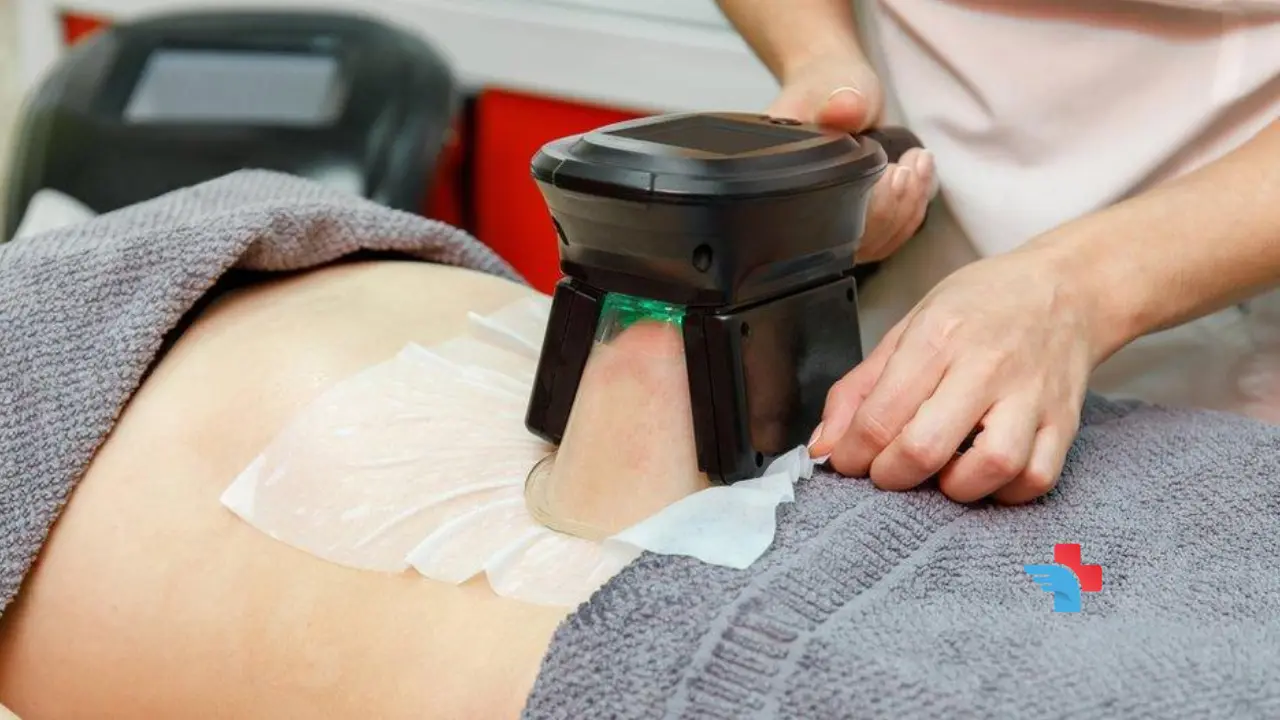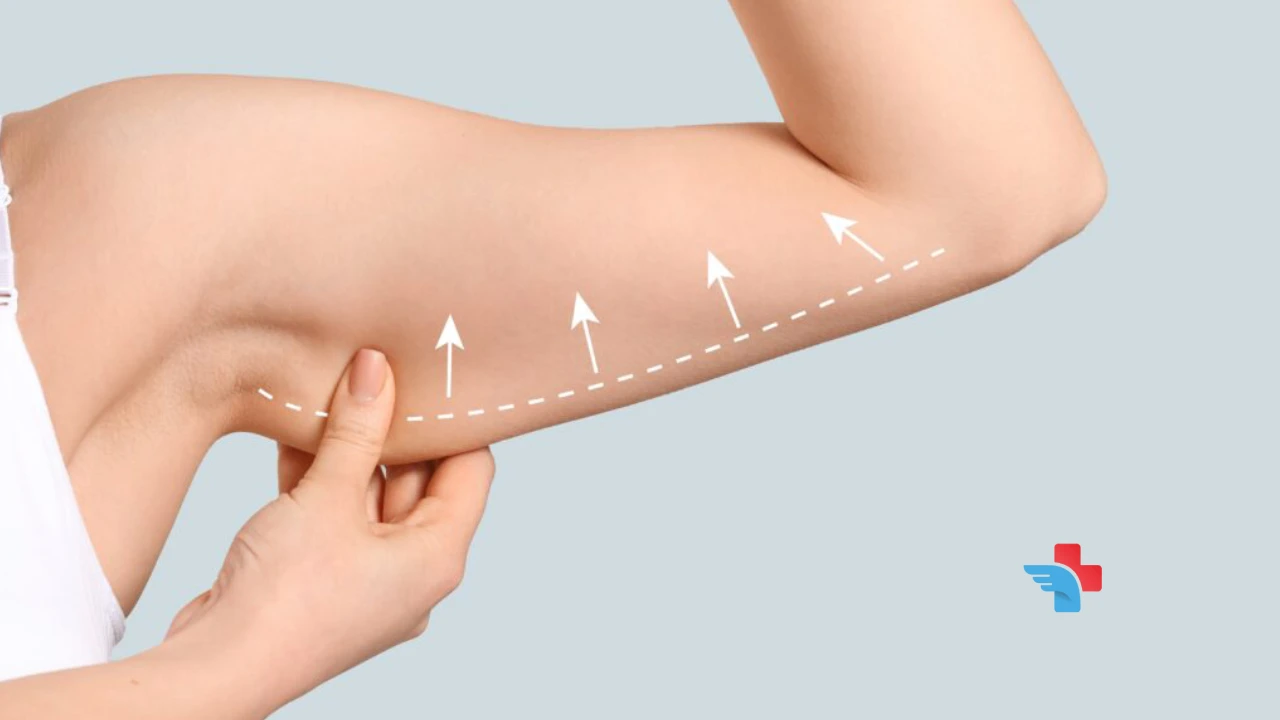Do Transgender Women Have Periods?
Transgender women, assigned male at birth but identifying as female, do not experience menstrual periods in the same way as cisgender women. However, it is essential to understand the role of hormone replacement therapy (HRT) in inducing changes that might mimic some menstrual symptoms.
Psychological and Emotional Aspects
Despite the lack of a physical menstrual cycle, some transgender women report experiencing a “phantom period,” where they have symptoms like mood swings or cramps. This phenomenon, largely psychological, highlights the complex interplay between gender identity and bodily experiences.
Biological Limitations
Transgender women cannot become pregnant because they do not have a uterus or ovaries. However, advancements in medical science are continually evolving the realm of possibilities.
Future Possibilities
Recent studies and ongoing research in the field of transplant surgery and reproductive technology might one day make it possible for transgender women to carry a pregnancy, but this remains a topic of future potential rather than current reality.
Can a Transgender Woman Get a Uterus?
Current Medical Capabilities
Uterine transplants are a relatively new medical procedure, primarily used to treat cisgender women with uterine factor infertility. As of now, there have been no known cases of successful uterine transplants in transgender women, mainly due to the complex surgical and ethical considerations involved.
Research and Ethical Considerations
The feasibility of such a transplant in transgender women involves not just medical and technological challenges but also deep ethical discussions in the medical community.
Transgender Surgery in Iran
Can Transgender Women Breastfeed?
Hormone-Induced Lactation
Recent medical cases and studies have shown that through a combination of hormone therapy and stimulation of the breasts, some transgender women have been able to produce a significant amount of milk to breastfeed.
Personal Experiences and Medical Guidance
These instances, while not universally guaranteed, open the door to new possibilities in transgender women’s experiences of motherhood and parenting.







